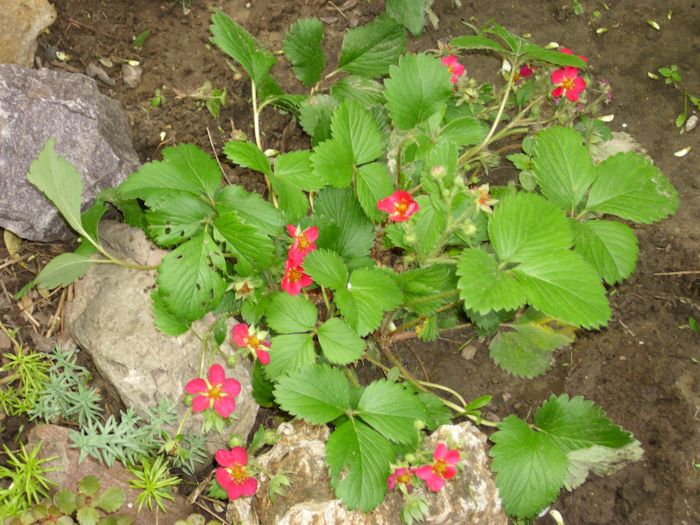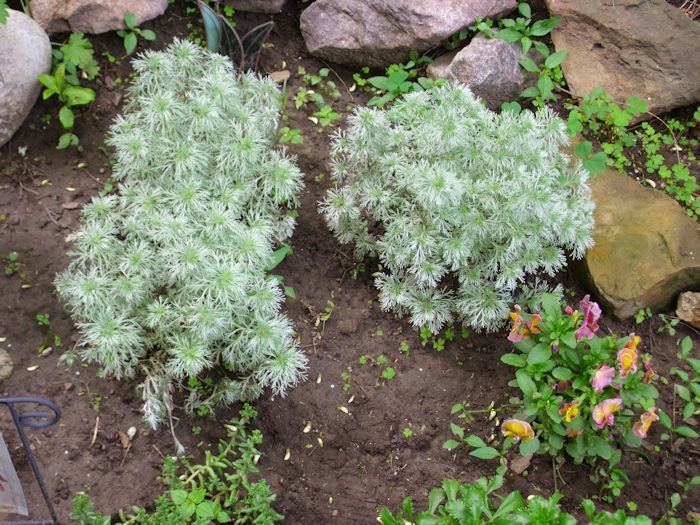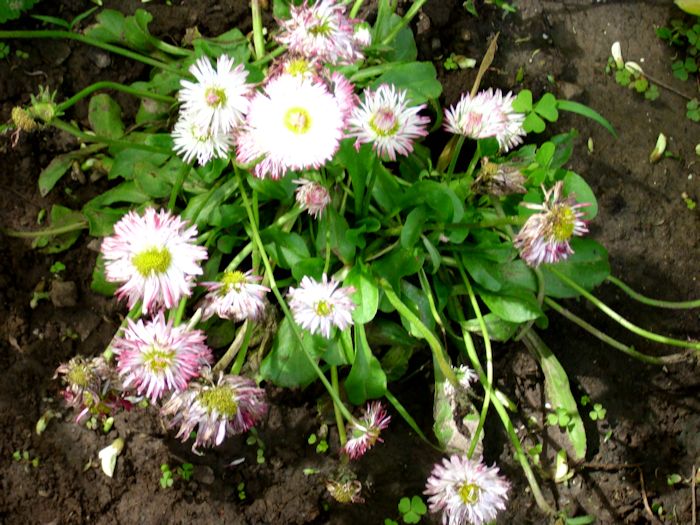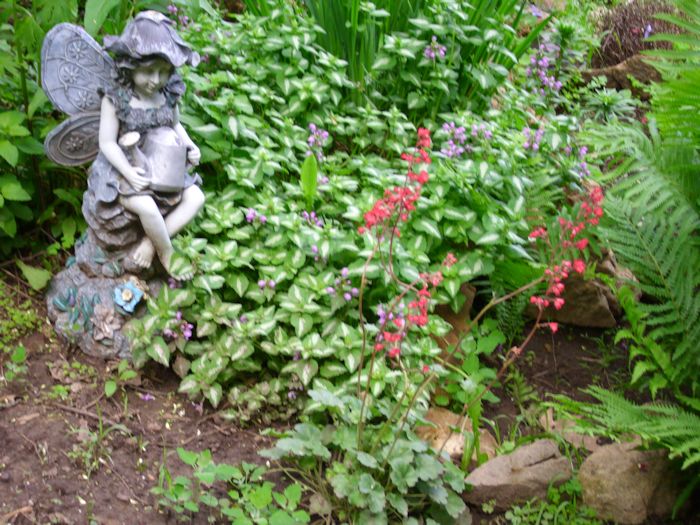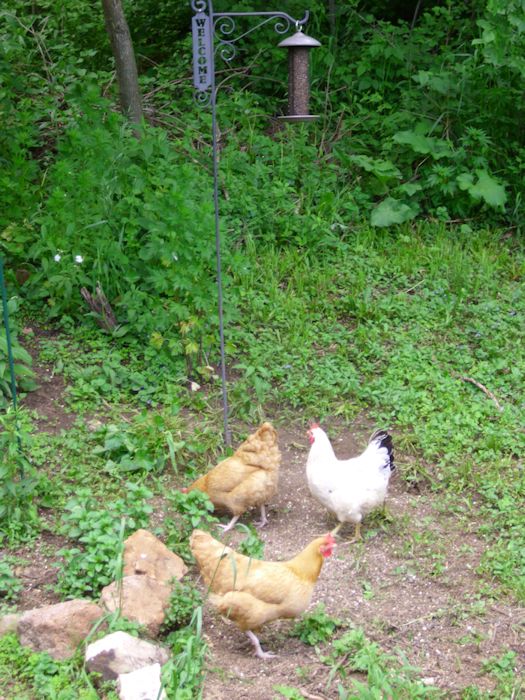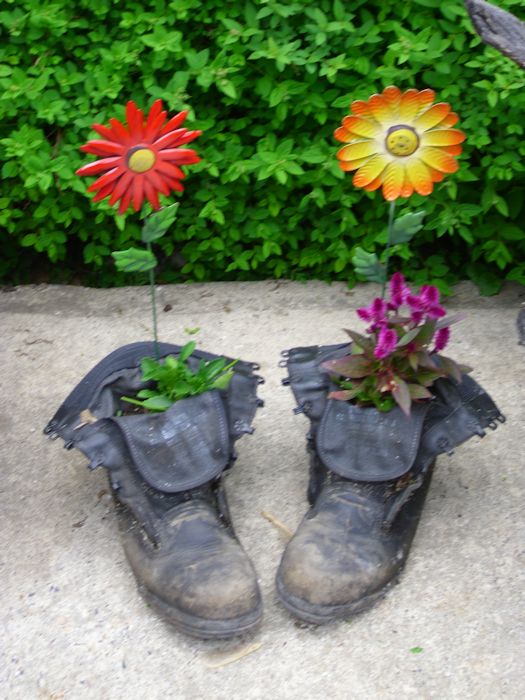Because of my involvement in the computer industry, I’m always interested in social, health, monetary, and other effects of using technology. As with any other tool (and technology is a kind of tool), it’s possible to misuse computers and the software that controls them. In this case, I’m talking about any sort of device with a chip inside, including tablets and smartphones. In fact, I’m even including your television and radio here. Every electronic device you own is a kind of tool. Think about it, the main reason to listen to radio is to help you relax or to inform you in some way. When people stop viewing technology as a tool and start viewing it as a requirement for living, the technology becomes a crutch and the person becomes addicted.
I read a post the other day by someone who is obviously addicted to her technology. I found the article, “Social Media Overload” enlightening because it presents a perspective of social media from someone who is younger than me and has likely grown up with the technology. The author talks about having thousands of online friends and some social media users even buy Insta followers and Twitter followers. Of course, my question is whether it’s possible to actually know anything substantial about thousands of people. There are only around 400 people in our small town and I admit to not knowing them all; actually knowing thousands of people seems quite impossible. In fact, it’s hard to know whether some of these people even exist or they’re the figment of someone’s imagination. Using social media in this way seems to favor quantity over quality, where the quality would be incredibly low. It makes me wonder what has happened to the quality relationship of the past. Having thousands of meaningful followers is something that seems more attainable for businesses, organizations, or influencers who have attracted many people to view and consume their content, rather than maintain personal relationships. Utilizing a tool like Nitreo on a platform such as Instagram can help such operations grow their followers (and thus their influence) organically, allowing them to reach more people who will actually care about the things that they do, rather than have followers for followers’ sake.
The part of the post that I found most interesting was the fact that she recommends providing a means to link all of the social media together so that you could view and update all of your information from a central location. The obvious problem seems to elude her-recognizing that the tool has taken over the master and that the master is now the slave of the tool. When you start having to think of ways to manage all of the tools in your inventory, rather than using those tools to perform useful work, the tools have become a problem. It really is time to clear away a bit of the junk so that you can become productive again. A better solution might be to reduce the number of social media in which she participates so that the tool again becomes a tool. She did point out that reducing on social media was tough, and could be tougher for people who believe that they can’t live without. I mean just look at these internet statisitcs and data trends, it is quite clear that we are completely involved with our social media.
I do participate in social media. I’m currently on LinkedIn because it’s a professional network and I feel it’s a good way to get my resume out in public view. Sometimes I provide updates about my current projects. Otherwise, I really don’t see a good reason to use social media when personal contact is so much better. You have to ask yourself whether you’re in charge of your social media or whether the social media is in charge of you. The one exception I have is making adorable TikTok videos with my little daughter. I even buy real Tiktok views to make her feel like the superstar she is! Other than this, my use of social media is very limited.
Like any professional, I put my tools away on occasion and go on vacation. It’s important to rest from your labors so that you can better enjoy them when you do work. I’ve written about my philosophy toward computing in Learning to Unplug. However, it’s important to think about how other professionals use tools when thinking about social media or anything else to do with computers for that matter. Can you imagine a surgeon taking scalpels and performing impromptu surgeries while on vacation? What would you think of a carpenter who takes hammer and nails absolutely everywhere? After all, you never know when you might want to pound a nail or two. This is how I view people who are so addicted to their technology that they can never unplug from it. If you can’t put your technology aside long enough to rest, then you’re addicted and need to do something about it.
How do you view computing, especially when it comes to social media? Has your computing device (no matter what that device might be) come to rule over you? Let me know your thoughts on digital addiction at [email protected].

